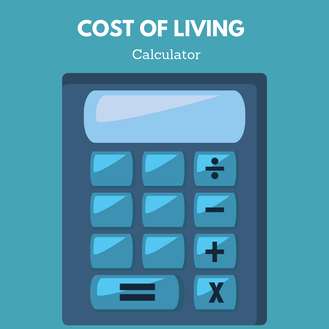Economics is not a perfect science because it deals with human behaviour. But there is a way around for people that understand it.
Minimum wage in Ghana is 8.80 cedis a day that is 220 cedis a month; an equivalent of N16,000. Yet Ghana is the most expensive country in West Africa because of the high value of its currency, the Ghana Cedi.
Why is cedi so strong?
Because Ghanaian government redenominated the Cedi. The disadvantage is high cost of living.
What is redenomination?
Redenomination is the process whereby a country’s currency is recalibrated due to significant inflation and currency devaluation.
Ghana is not the first country to carry out the exercise. France, Italy, Netherlands and Ireland had done it before. Some currencies have been redenominated more than one times over the last century.
Why it is not wise for Nigeria to redenominate the Naira and be like Ghana?
Because unlike the Cedi, the Naira is a competitive currency. The Cedi was almost failing when Ghana took that drastic decision. It was exchanging Naira for 940,000 cedis.
Average purchasing power is higher than Nigeria by 23.03% according to World Bank statistics.
Why is Ghana having more purchasing power parity than Nigeria but costlier to live than in Nigeria?
Because actual purchasing power of any currency is the quantity of that currency needed to buy a specified unit of a good or a basket of common goods and services. Cedi is stronger than Naira. One cedi goes for eighty Naira. So in economics the person that earns more cedi has higher purchasing power than the person that earns naira.
But Consumer Prices in Ghana are 59.42% higher than in Nigeria. Rents in Ghana are 37.07% higher than in Nigeria. Restaurant Prices in Ghana are 63.68% higher than in Nigeria. Groceries Prices in Ghana are 36.96% higher than in Nigeria
Why is it cheaper to live in Nigeria than Ghana since Ghana has stronger currency?
Because of the size of Nigeria’s economy at $568 billion GDP, it is easier to earn money than in Ghana that has a GDP of $51bn. Economic activities in Nigeria are ten times higher than in Ghana. Before a Ghanaian can earn 100 cedis equivalent of 8000 Naira, a hardworking Nigerian can earn 80,000 naira. That is economics for you!
Purchasing power is determined in each country based on its relative cost of living and inflation rates.
Nigerian government still has some job to do. It has to work hard to improve the value of the Naira and use effective macro management to lower inflation.
Increasing value of Naira has a standard template to follow. Increase export by increasing production, reduce import by buying made in Nigeria, reduce pressure on foreign reserve, increase savings in reserve account and curb corruption.
After that Nigeria will not only be cheaper to live than Ghana, it will have higher purchasing power parity.

